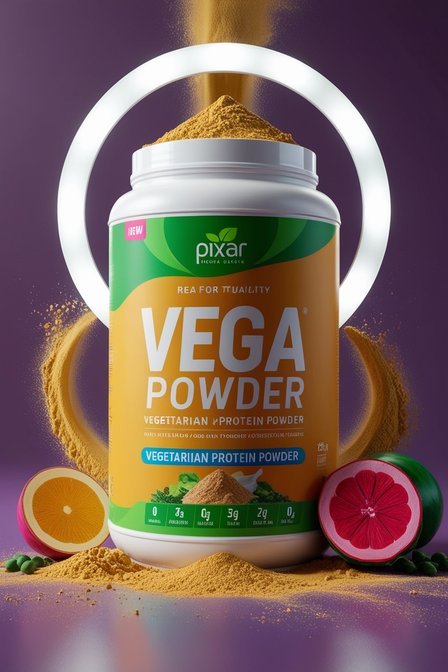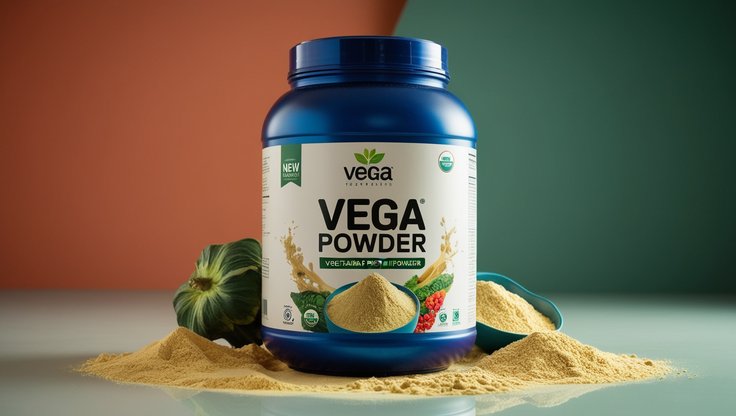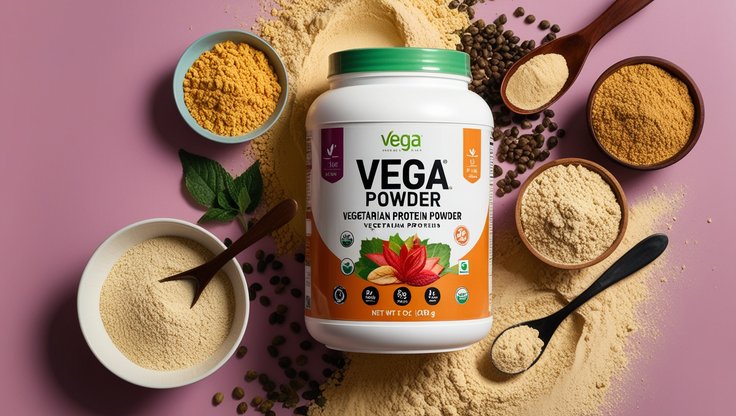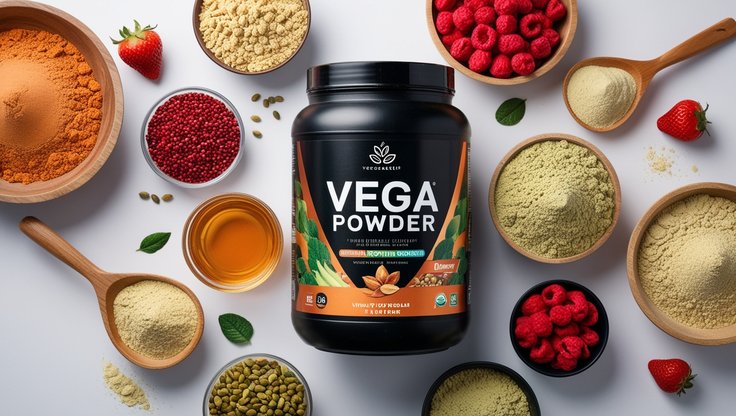Whey Protein: A Comprehensive Guide
Introduction to Whey Protein
Whey protein is a popular dietary supplement derived from milk during the cheese-making process. It is renowned for its high-quality protein content, which includes all essential amino acids necessary for muscle growth, repair, and overall health. As a result, whey protein has become a staple in the fitness and nutrition industries, favored by athletes, bodybuilders, and health-conscious individuals.
The Science Behind Whey Protein
Whey protein is a by-product of the cheese-making process. When milk is coagulated, it separates into curds and whey. The liquid whey is then processed to remove fats and carbohydrates, resulting in a concentrated protein powder. This powder is rich in branched-chain amino acids (BCAAs) such as leucine, isoleucine, and valine, which are crucial for muscle protein synthesis.
Types of Whey Protein
There are three primary types of whey protein: whey protein concentrate, whey protein isolate, and whey protein hydrolysate.
Whey protein concentrate is the least processed form and contains varying amounts of fat and lactose. It typically has a protein content ranging from 70 to 80 percent. Whey protein isolate undergoes further processing to remove most of the fat and lactose, resulting in a higher protein content of around 90 percent or more. Whey protein hydrolysate is pre-digested, meaning it has been partially broken down to enhance absorption and reduce allergenic potential.
Benefits of Whey Protein
Whey protein offers numerous health benefits. It is a complete protein, providing all nine essential amino acids that the body cannot produce on its own. This makes it an excellent choice for supporting muscle growth, repair, and recovery, particularly after intense exercise. Whey protein is also quickly absorbed by the body, allowing for rapid delivery of amino acids to muscles.
Additionally, whey protein supports weight management by promoting satiety and reducing appetite. Studies have shown that high-protein diets can aid in weight loss by increasing feelings of fullness and boosting metabolism. Furthermore, whey protein has been found to enhance immune function, due to its immunoglobulin and lactoferrin content, which have antimicrobial and antiviral properties.
Whey Protein in Muscle Building
One of the primary reasons athletes and bodybuilders use whey protein is its effectiveness in promoting muscle growth. The high leucine content in whey protein plays a pivotal role in stimulating muscle protein synthesis, the process by which the body repairs and builds new muscle tissue. Consuming whey protein after resistance training helps maximize muscle protein synthesis, leading to greater muscle gains over time.
In addition to its anabolic effects, whey protein also helps prevent muscle breakdown, a catabolic process that occurs during intense physical activity. By supplying the muscles with essential amino acids, whey protein mitigates muscle damage and supports faster recovery, allowing for more frequent and intense training sessions.
Whey Protein for Weight Management
Whey protein is an effective tool for weight management due to its ability to promote satiety and reduce overall calorie intake. When included in a balanced diet, whey protein helps control hunger and cravings, making it easier to adhere to a calorie-restricted diet. The thermogenic effect of protein, which increases energy expenditure during digestion, also contributes to weight loss.
Research has demonstrated that individuals who consume higher amounts of protein, including whey protein, tend to lose more fat and preserve lean muscle mass compared to those on lower-protein diets. This preservation of muscle mass is crucial for maintaining a healthy metabolism and preventing weight regain after weight loss.
Whey Protein and Health Conditions
Whey protein has potential benefits for managing certain health conditions. For example, it may help regulate blood sugar levels in individuals with type 2 diabetes. Whey protein has been shown to improve insulin sensitivity and reduce postprandial blood glucose levels, making it a valuable addition to the diet of those managing diabetes.
Additionally, whey protein's immune-boosting properties can be beneficial for individuals with compromised immune systems. The bioactive compounds in whey protein, such as lactoferrin and immunoglobulins, support the body's defense mechanisms and enhance immune function.
Whey protein may also play a role in reducing blood pressure and improving cardiovascular health. Some studies have found that whey protein supplementation can lower systolic and diastolic blood pressure in hypertensive individuals, potentially due to its bioactive peptides that have vasodilatory effects.
Incorporating Whey Protein into Your Diet
Incorporating whey protein into your diet is straightforward and versatile. It can be consumed in various forms, including shakes, smoothies, and baked goods. Many people enjoy whey protein shakes post-workout to take advantage of the anabolic window, the period after exercise when muscles are particularly receptive to nutrient uptake.
Whey protein can also be added to meals and snacks to increase protein intake. For instance, it can be mixed into oatmeal, yogurt, or pancake batter for a protein-rich breakfast. Smoothies made with whey protein, fruits, and vegetables make for a nutritious and convenient meal replacement or snack.
Choosing the Right Whey Protein Supplement
When selecting a whey protein supplement, it's essential to consider factors such as protein content, ingredient quality, and dietary restrictions. For those with lactose intolerance or dairy allergies, whey protein isolate or hydrolysate may be preferable due to their lower lactose content.
It's also important to check for added ingredients such as artificial sweeteners, flavors, and fillers, which may not be suitable for everyone. Opting for a high-quality whey protein supplement with minimal additives ensures you get the most benefit from the protein without unnecessary extras.
Potential Side Effects and Considerations
While whey protein is generally safe for most people, some individuals may experience side effects, particularly if they consume large amounts. Common side effects include digestive issues such as bloating, gas, and diarrhea. These symptoms are often related to lactose intolerance, and switching to a lactose-free whey protein isolate or hydrolysate may alleviate them.
People with pre-existing kidney or liver conditions should consult a healthcare professional before increasing their protein intake, as excessive protein consumption can strain these organs. Additionally, it's crucial to balance protein intake with other macronutrients and maintain a varied diet to ensure overall nutritional adequacy.
The Future of Whey Protein
The whey protein industry continues to evolve, with ongoing research exploring new applications and benefits. Innovations in processing techniques aim to improve the purity and bioavailability of whey protein, making it even more effective for muscle growth and health promotion.
Additionally, the development of sustainable and ethical production methods is gaining traction. As consumer demand for environmentally friendly products grows, the whey protein industry is focusing on reducing its environmental impact through sustainable sourcing and production practices.
Conclusion
Whey protein is a highly versatile and beneficial supplement that supports muscle growth, weight management, and overall health. Its high-quality protein content and rapid absorption make it an ideal choice for athletes, bodybuilders, and anyone looking to improve their nutritional intake. By understanding the different types of whey protein, their benefits, and how to incorporate them into your diet, you can maximize the positive effects of this powerful supplement. As the industry continues to innovate and expand, whey protein will remain a valuable tool in the pursuit of health and fitness.




